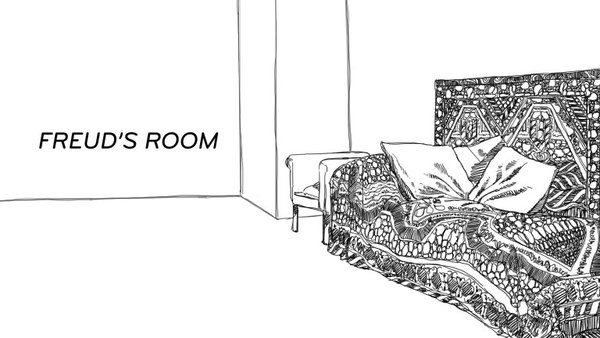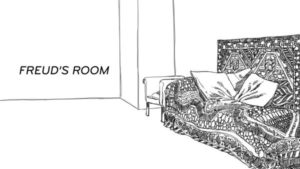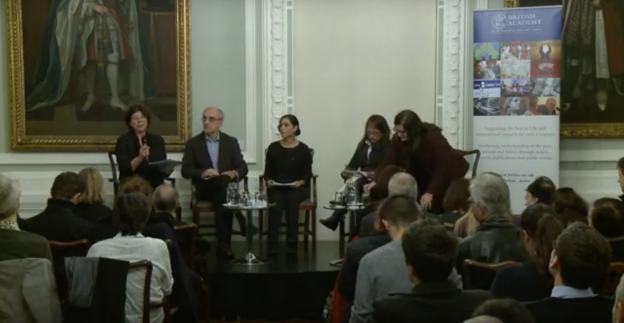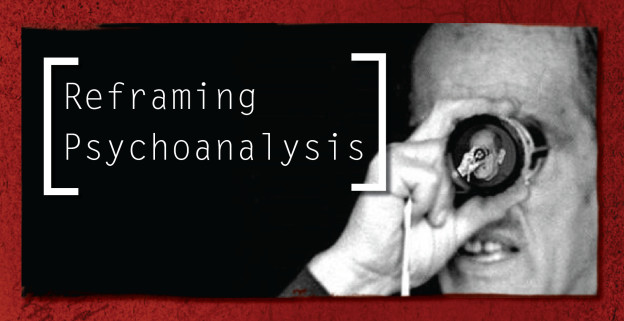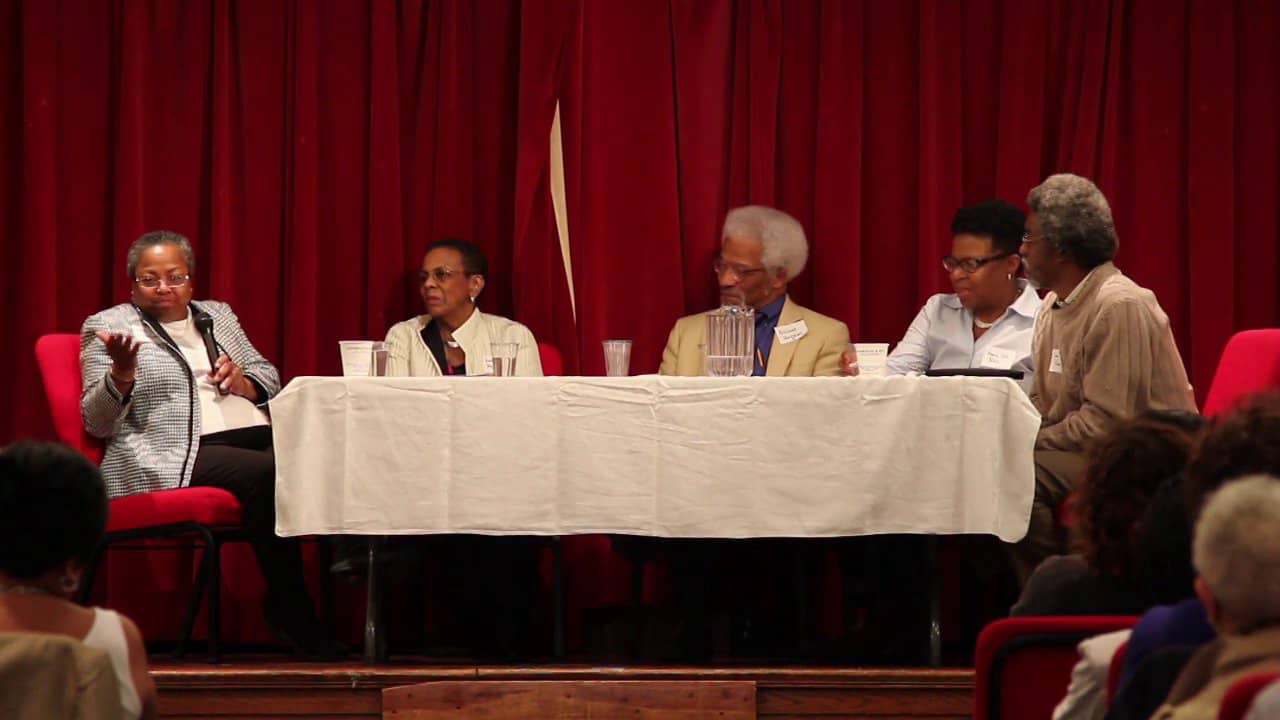http://www.bbk.ac.uk/hiddenpersuaders/blog/
The reputations of the ‘psy’ professions – and the status of their ideas – were altered by controversies, myths and testimonies about ‘brainwashing’ in its various guises during the Cold War. Our project uncovers new source materials and promotes original analyses of the involvement (real and perceived) of clinicians in brainwashing and its cognate practices of interrogation, psychological warfare, subliminal advertisement, and therapeutic experimentation. We consider what ethical guidelines and safeguards, past or present, have been formulated to deal with the dangers of mind control so powerfully articulated during the Cold War.
By exploring these historical debates over mind control and their continuing legacies for psy expertise, Hidden Persuaders offers timely historical analysis of continuing present-day controversies. The language of ‘brainwashing’ continues to influence, in diverse and unexpected ways, present understanding of the relationship between the individual and the state; the nature of the therapeutic encounter between patient and psy-professional; and the borderlands between education, persuasion and indoctrination.
Our blog addresses these themes, with recent posts including:
- Marcia Holmes’ interview with Prof. Tim Shallice on interrogation ‘in-depth’ and sensory deprivation in Northern Ireland during the 1970s
- Albert Mason on the medicine of magic and hypnotism
- Carl-Henrik Bjerstrom on Alfonso Laurencic’s interrogation cells in the Spanish Civil War
- Maria Hadjiathanasiou on the Propaganda Wars of 1950s Cyprus
If your research touches on these themes and you would be interested in writing a post for us, please contact s.marks@bbk.ac.uk
The Hidden Persuaders project is led by Professor Daniel Pick at Birkbeck, University of London, and is made possible by a Wellcome Trust Senior Investigator Award. Find us on Twitter: @HPersuaders


